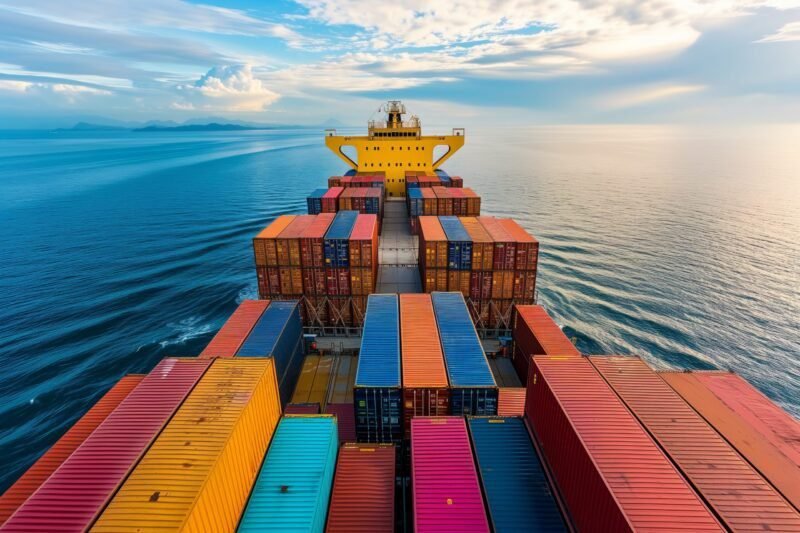The shipping industry is undergoing a transformation to accelerate decarbonization by introducing new rules and strengthening existing measures. Various environmental regulations and restrictions have been implemented to minimize the environmental impact through sustainable technology, putting pressure on shipowners, operators, and shipyards to reduce their environmental footprint or face financial sanctions. From conception to operations, ships must reduce greenhouse gas emissions at every stage to comply with regulations and maximize their value.
The latest emissions reduction technology, such as Climeon’s HeatPower 300 waste heat recovery system, allows ship owners to meet increasing environmental regulations and improve the sustainability of their operations. By converting waste heat into clean electricity, ships can reduce fuel consumption, increase energy efficiency, and achieve better EEDI and CII ratings. The technology is designed for demanding onboard environments, with potential fuel consumption reductions of up to 1,300 tonnes per year and 100,000 tonnes of CO2 emissions over a ship’s lifespan, helping ship owners comply with environmental regulations.
The Energy Efficiency Design Index (EEDI), Energy Efficiency Index of Existing Ships (EEXI), and Carbon Intensity Indicator (CII) are key metrics used to assess a ship’s energy efficiency and environmental impact. Climeon’s HeatPower 300 technology can help improve these ratings by reducing fuel consumption, lowering CO2 emissions, and streamlining the integration process for both new constructions and retrofits. By harnessing waste heat, ship owners can transition to a more sustainable future while meeting regulatory requirements and enjoying improved assessments.


